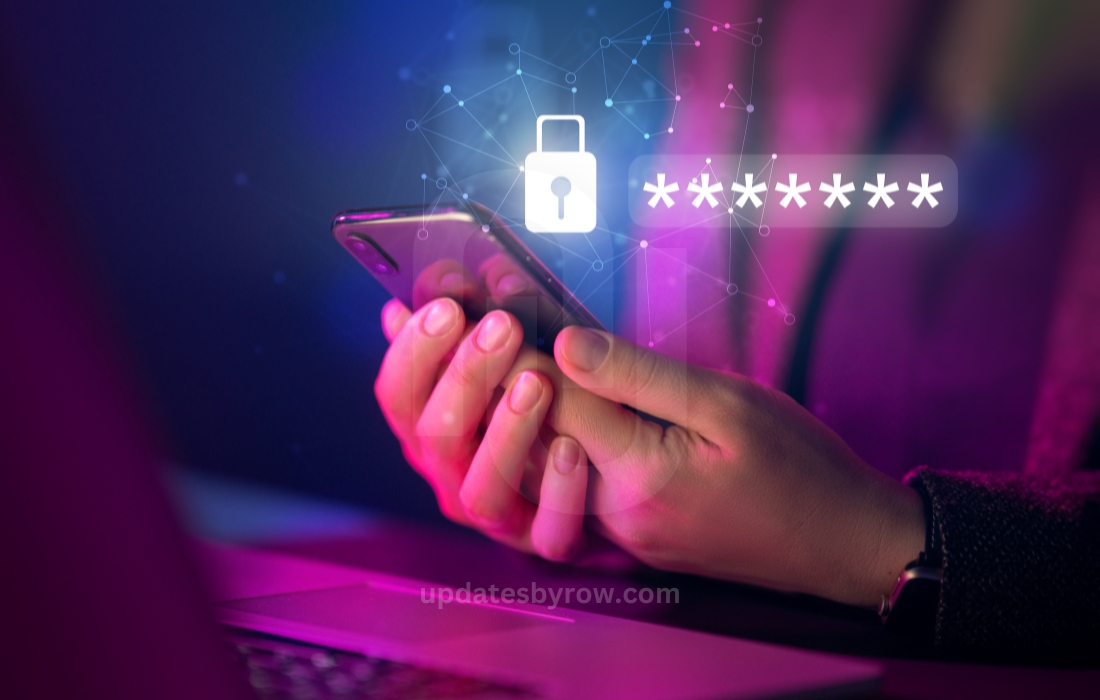Signal’s Security Reaffirmed After US Officials’ Encryption Mistake
Meredith Whittaker, President of Signal, has reinforced the app’s security following reports that senior US officials accidentally added a journalist to an encrypted group chat discussing classified military operations in Yemen.
Key Details of the Incident
- The controversy arose when Jeffrey Goldberg, editor-in-chief of The Atlantic, was mistakenly included in a Signal conversation among Trump administration officials.
- The chat reportedly discussed planned airstrikes, which later occurred as described, confirming the authenticity of the leaked messages.
Whittaker’s Response and Signal’s Privacy Focus
- While Whittaker did not address the specific breach, she reaffirmed Signal’s commitment to security in a statement on X.
- She highlighted Signal as the “gold standard” in private communication, emphasizing its nonprofit model, open-source nature, and lack of metadata collection.
- She also contrasted Signal’s policies with Meta’s WhatsApp, which collects metadata that could expose communication patterns.
Signal’s Growing Popularity
- According to Sensor Tower, Signal’s US downloads increased by 16% in early 2025 compared to the previous quarter, with a 25% year-over-year growth.
- The surge reflects growing concerns over data privacy and government surveillance.
WhatsApp’s Defense and Industry Reactions
- A WhatsApp spokesperson defended the app’s metadata collection, stating it helps prevent spam and abuse while maintaining encryption.
- Experts warn that while Signal provides strong encryption, overall security depends on user practices and operational safeguards.
Renewed Concerns Over Government Communication Security
- The incident has reignited debates over the use of civilian messaging apps for classified discussions.
- Security experts urge the US military to rely on government-approved secure channels instead of third-party apps.
- Calls for stricter security protocols at the highest levels of government have intensified.
This breach underscores the ongoing risks of digital communication and highlights the importance of secure messaging practices in government and beyond.




